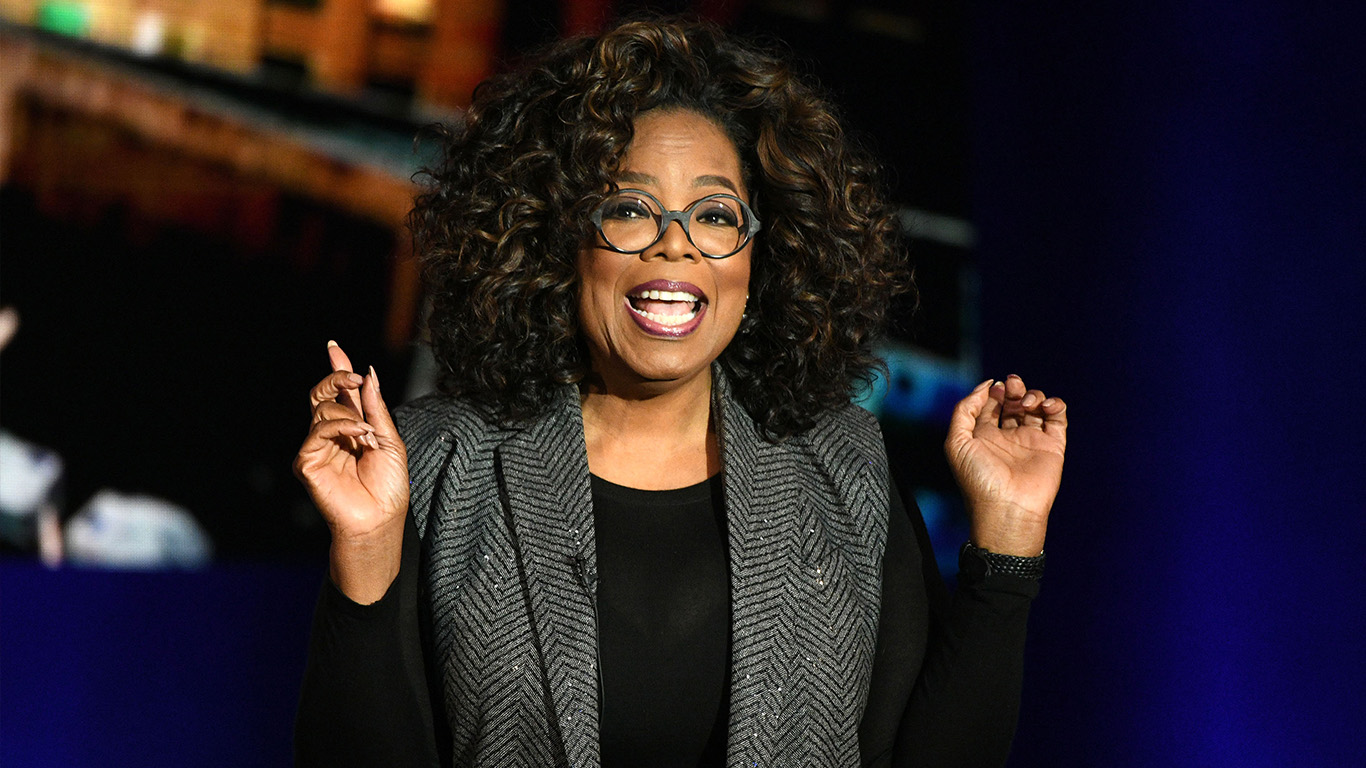
WW International Inc. (NASDAQ: WW), formerly known as Weight Watchers International, has held its position as one of the premier weight loss programs in the United States. Unfortunately, the spread of COVID-19 almost certainly will bring a drop in discretionary consumer spending.
Much of the Weight Watchers system relies on group meetings with coaches. Those activities could be curtailed. Another wheel would, at least partially, fall off the Weight Watchers wagon.
[in-text-ad]
Investors Vote Negative on Shares
Investors had started to abandon WW stock before that rapid spread of the virus. So far in 2020, the stock price is off 66%, while the S&P 500 is down 26% over the same period, a massive contrast.
The decline is due largely to the numbers. In particular, when Weight Watchers reported fourth-quarter and full-year results. Earnings per share for the year were $1.72, down from $3.19 year over year, which troubled investors more than anything else. Weight Watchers also reported full-year revenue of $1.4 billion, down from $1.5 billion in 2018.
The company did have some modest subscriber growth year over year. At the end of the year, the company had 4.2 million subscribers, up from 3.9 million.
The balance sheet showed cash and cash equivalents of $182 million. Goodwill, franchise rights and other intangible assets, net totaled $970 million. Long-term debt was $1.5 billion, not a great deal for a company with its quarterly earnings.
Mindy Grossman, the company’s president and chief executive officer, put an optimistic spin on 2020:
2020 is off to a terrific start. The global launch of the new myWW program is resonating in every market, the WW Presents: Oprah’s 2020 Vision tour in the U.S. has been engaging sold-out crowds to lead healthier lives and is reinforcing WW’s new positioning in wellness and weight loss, and great marketing execution by the teams around the world has driven strong performance in member signups year-over-year.
Three-year annualized growth has been slow at 6.66%.
Oprah Does It All for Weight Watchers
Oprah Winfrey is WW International’s equivalent of a one-woman marketing organization. She is the face of the company and acts as, among other things, the primary pitch person, a large shareholder and a board member.
Winfrey represents the right demographic. She is 66, and her struggle with weight has gone on, very publicly, for years, which is bad for her, but good for clients. It helps that she is one of American’s most famous and well-regarded people.
WW and Winfrey recently extended their relationship to 2025. She will stay on the board for the entire period. For her services, she received an option grant equivalent to 4.3% of the shares of WW, on a fully diluted basis. Oddly, Winfrey does not have a highly visible role at the WW website.
How WW Makes Money
WW has several plans that are tied to the customer’s budget and the time each client can spend on the programs. Each is a classic among weight management programs.
The Digital plan is $3.39 a week and operates primarily through the use of an app. It tracks meals, exercise and other aspects of weight loss.
The second level of plans is called Workshop + Digital. The cost is $7.27 a week, so a sharp lift from the base digital program. It offers all that the first program does, plus a weekly meeting with a coach in a group setting.
This part is what could be badly hurt by the pandemic. In-person meetings could disappear.
The most expensive tier is Coaching, which costs $12.69. Members of this group get one-on-one coaching.
Barriers From Medical Science
New technologies and medical breakthroughs may be WW’s enemy. These include the primary surgical solution: bariatric surgical procedures. According to the American Society for Metabolic and Bariatric Surgery, the surgery works by “restricting the amount of food the stomach can hold, causing malabsorption of nutrients, or by a combination of both gastric restriction and malabsorption.”
There are also ongoing efforts to drive weight loss via drugs. The FDA has approved several of these: bupropion-naltrexone, liraglutide, orlistat and phentermine-topiramate. While all have side effects, each has shown some success with a large portion of the population.
In sum, the spread of COVID-19 could do real damage to WW revenue in 2020. Further into the future, the barriers are from scientific advances.
In 20 Years, I Haven’t Seen A Cash Back Card This Good
After two decades of reviewing financial products I haven’t seen anything like this. Credit card companies are at war, handing out free rewards and benefits to win the best customers.
A good cash back card can be worth thousands of dollars a year in free money, not to mention other perks like travel, insurance, and access to fancy lounges.
Our top pick today pays up to 5% cash back, a $200 bonus on top, and $0 annual fee. Click here to apply before they stop offering rewards this generous.
Flywheel Publishing has partnered with CardRatings for our coverage of credit card products. Flywheel Publishing and CardRatings may receive a commission from card issuers.
Thank you for reading! Have some feedback for us?
Contact the 24/7 Wall St. editorial team.
 24/7 Wall St.
24/7 Wall St.

